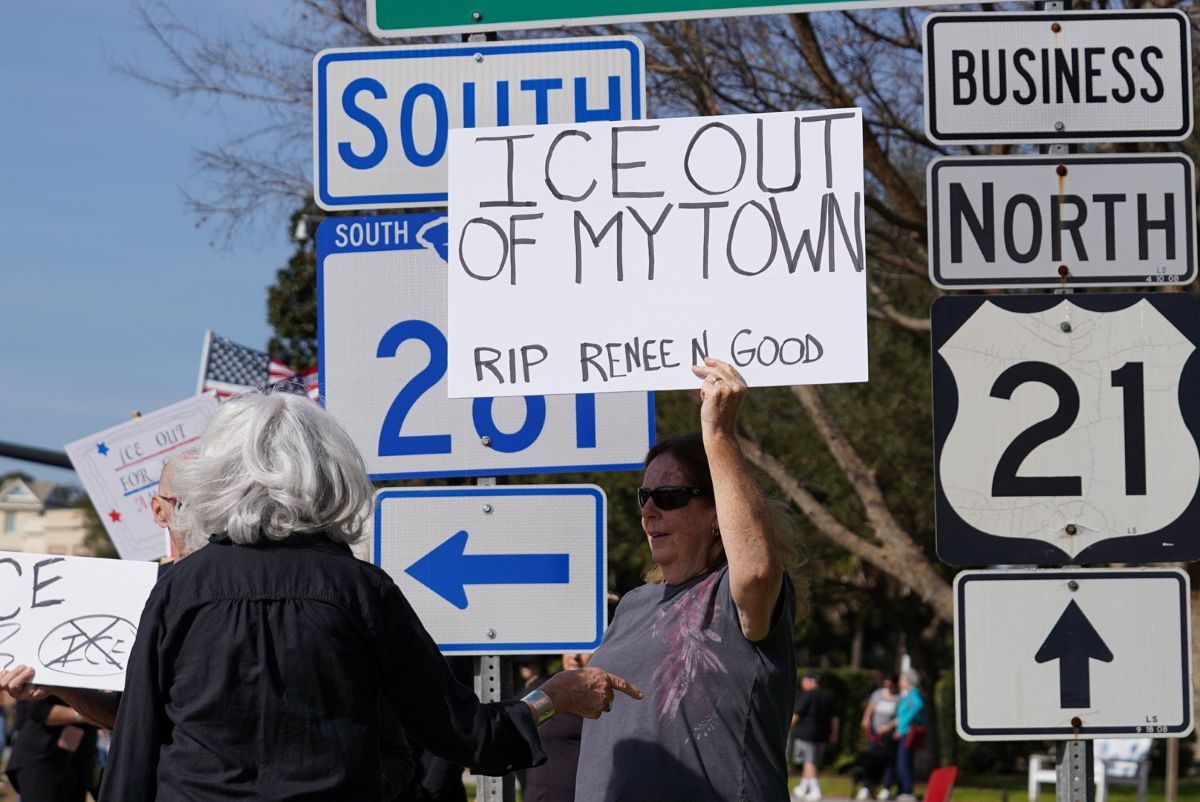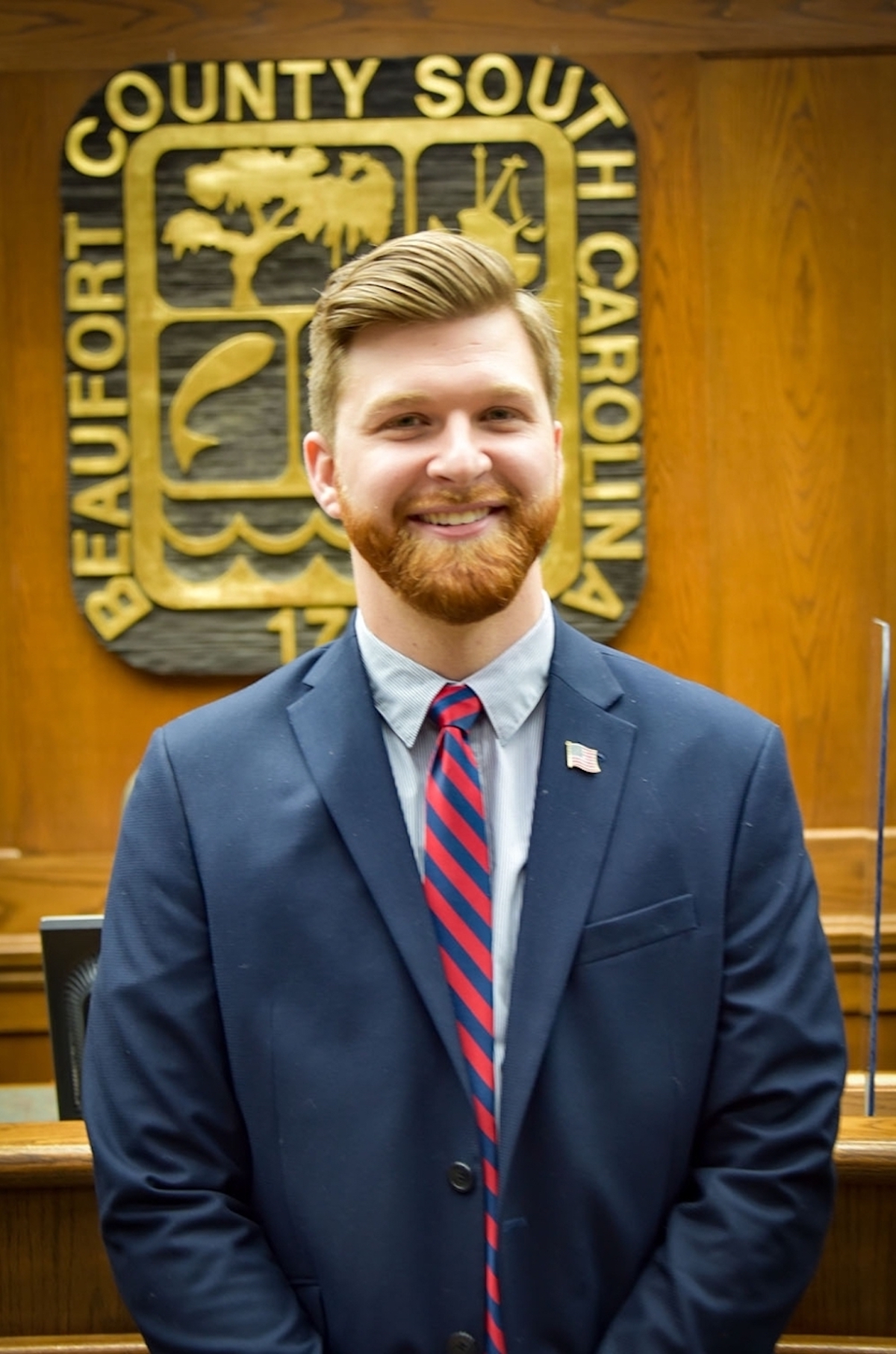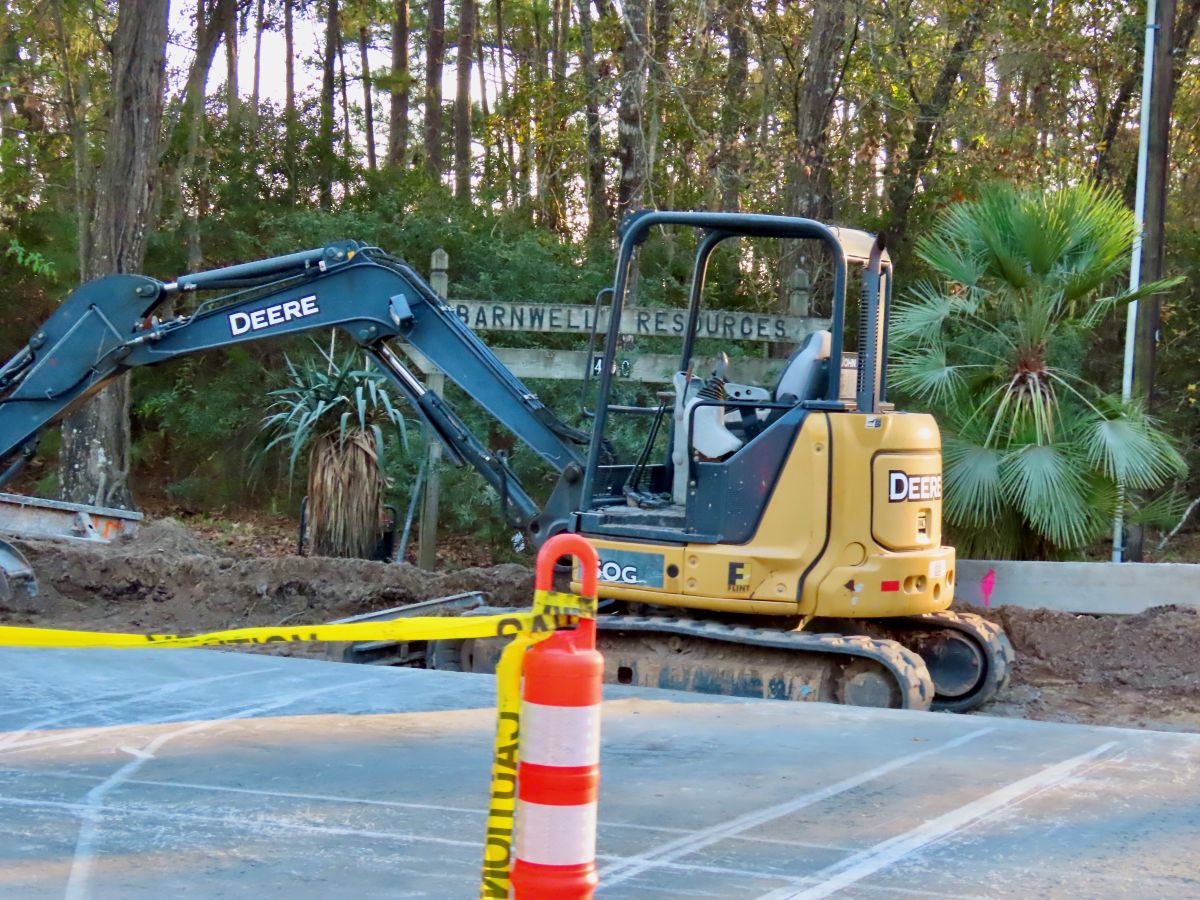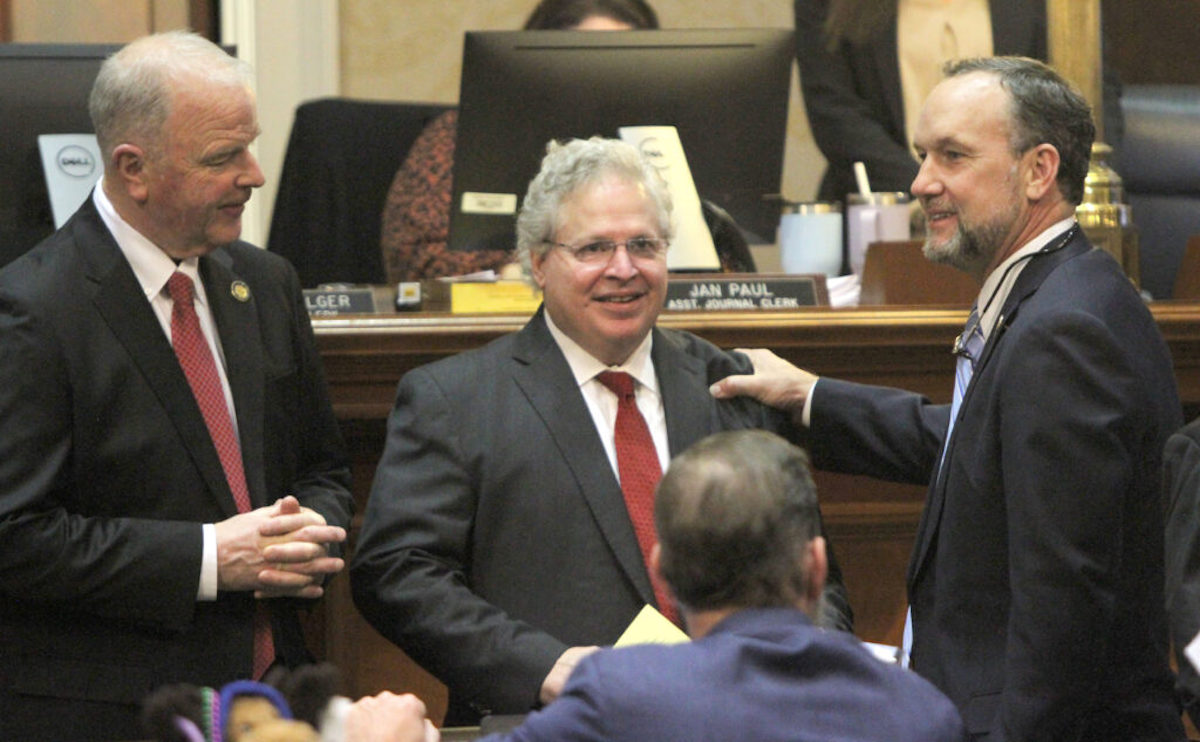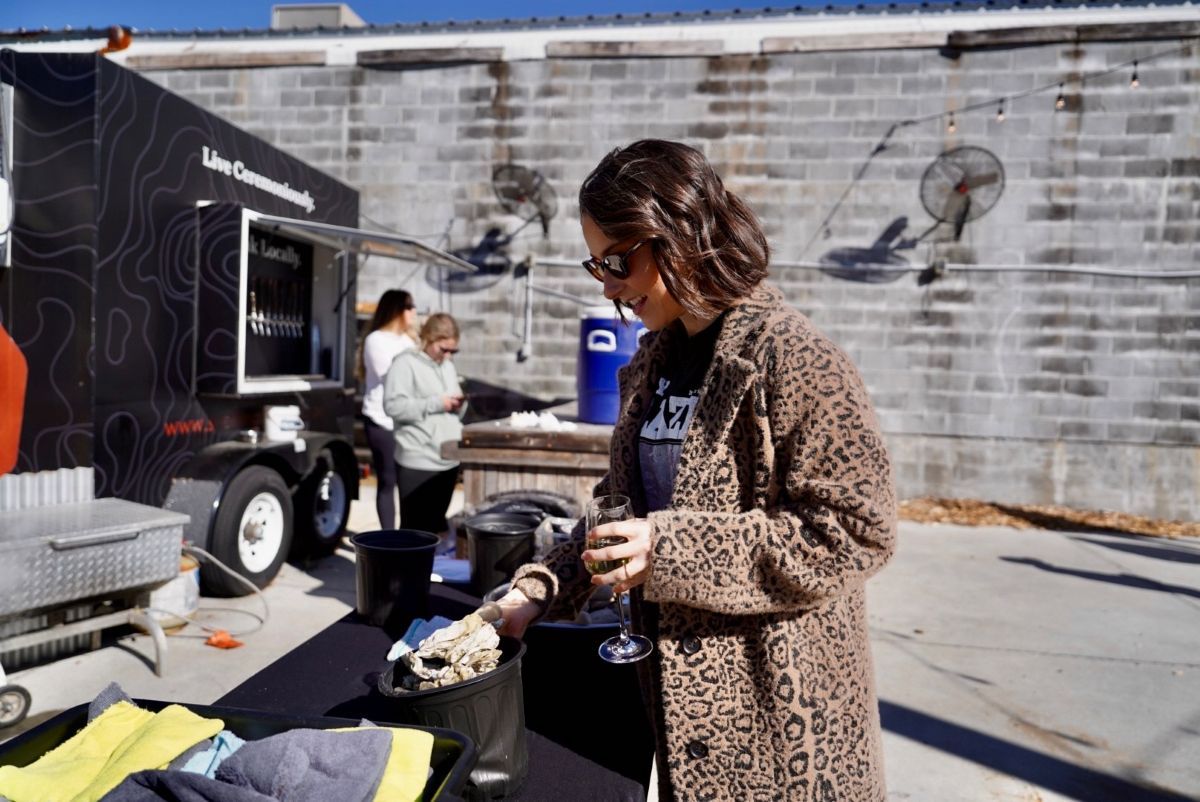By Abraham Kenmore
SCDailyGazette
COLUMBIA — Legislation that could reduce taxes for South Carolina’s boat owners while simplifying their bills has county officials concerned about losing revenue.
Currently, boat owners must separately title and pay taxes on their boat and any outboard motors. That means annually paying two property tax bills — sometimes three — for one boat.
The bill taken up last week by a Senate panel would cut some red tape: Outboard motors would no longer require their own title, or proof of ownership, through the state Department of Natural Resources. And the motors’ value would be combined with the boat for a single property tax bill. Plus, it could reduce owners’ taxes, depending on where they live.
Property taxes are collected by counties, not the state, to fund local services and schools. So, the bill would have little impact to state coffers. State fiscal expects expect DNR to lose $475,000 annually in titling fees and $343,000 in sales taxes.
Bipartisan sponsors of the legislation say it’s about clearing up confusion. Advocates contend it would also stop double-billing — though how often that happens is unknown.
“We’ve had a number of folks in the past that are just confused by having to title and pay taxes on two parts of the same boat,” Sen. Sean Bennett, the bill’s chief sponsor, told the S.C. Daily Gazette.
The bill “makes it cleaner for the public,” said the Summerville Republican.
More than 368,300 boats are registered in South Carolina, while nearly 164,000 outboard motors are separately titled and taxed, according to the Department of Natural Resources. Broken down by county, the number of taxed motors ranges from almost 29,000 in Charleston County to just 66 in poor, rural Allendale.
Winners and losers
County officials complain their coffers could lose out in two ways.
There would be no way of knowing when boat owners swap out an old motor for a new one, which would increase the boat’s value without raising the tax bill.
And some counties would no longer collect anything on that boat as the bill also shifts who collects the property taxes.
Boats would be taxed where they’re docked or stored, not where the owner lives. That could move collections to coastal counties such as Charleston and Beaufort and counties with large lakes, such as Lexington.
Boat owners could benefit from that if they keep their boat in a county with a lower tax rate than where they live. Their combined tax bill could shrink, for example, if they live in a county with little-to-no industrial tax base but keep their boat in prosperous Charleston County.
Union County, which has no recreational lakes, would lose all of its boat tax revenue, Union County Auditor Brad Valentine told a Senate Finance subcommittee Tuesday.
According to state data, 709 outboard motors are taxed in Union County.
“It would not kill us. I’m not going to lie about it. It’s not bad. But the thing is, it’s still a loss,” Valentine said. “Every dollar we lose, it hurts.”
Senate Minority Leader Brad Hutto, a co-sponsor, said taxes for a boat should go to the local government responsible for providing fire, rescue and other services to that boat. The current situation causes confusion, he said.
“I had constituents who owned boats who were getting a bill in one county, thought they were supposed to get the bill from another county, and in fact in they did in separate years get bills in two counties,” the Orangeburg Democrat told the Gazette. “It’s only one boat.”
Orangeburg County, which borders Lake Marion on its eastern end, taxes about 6,800 outboard motors, state data shows.
Boat owners and manufacturers testified in support of the bill Tuesday.
Chris Butler, chairman of the South Carolina Boating and Fishing Alliance, said owners are sometimes double billed by counties that send a tax bill for the boat that incorrectly includes the motor’s value and a separate bill on the motor.
He gave an example of one unnamed boat owner who got triple billed on the value of the boat, motor and trailer.
“He got taxed for the outboard motor on this original tax bill, and the value of a trailer was included that we don’t tax,” Butler told the committee. “Then he received a bill for an outboard motor as well for $653.”
Though no one could say how often that happens, Bennett said he’s heard of enough cases to know it’s a problem.
Opponents at the meeting included representatives with the state Association of Counties.
The group has no objection to streamlining boat taxes, but it opposes the bill because any lost property tax revenue is difficult to recover, said deputy director Joshua Rhodes.
He wasn’t sure what percentage of counties’ property taxes comes from boats.
“I would think it’s less than 5%. I mean it’s gotta be a pretty small number,” he said. But “5% is still a lot when you can’t make it up.”
Still, county officials are working on a potential compromise, he said.
“I think there is a way to get there,” Rhodes said. “I don’t know what that looks like.”
Abraham Kenmore is a reporter covering elections, health care and more. He joins the S.C. Daily Gazette from The Augusta Chronicle, where he reported on Georgia legislators, military and housing issues.
S.C. Daily Gazette is part of States Newsroom, the nation’s largest state-focused nonprofit news organization.


